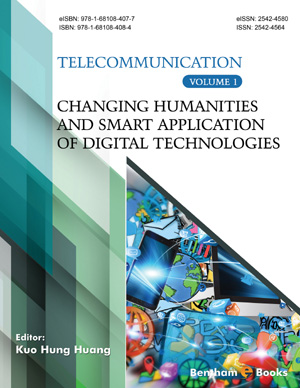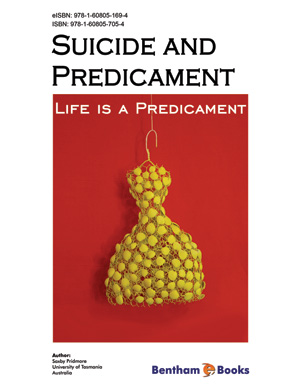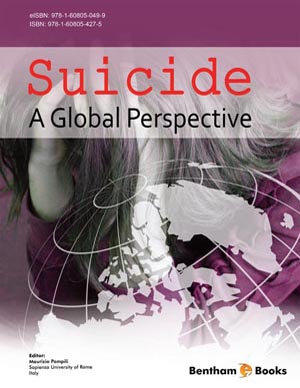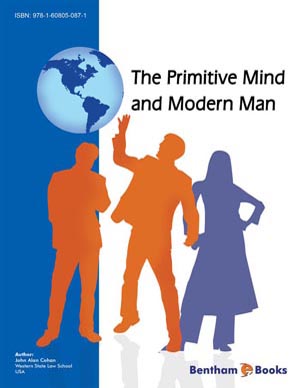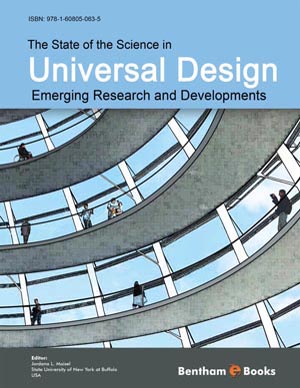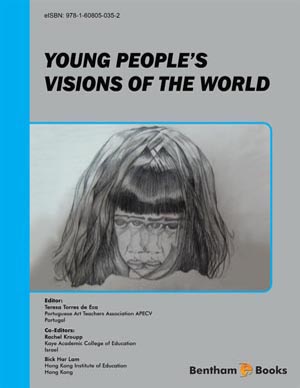Abstract
Prior studies have shown that information technology is effective in increasing children’s vocabulary learning and reading comprehension; however, its effect on bilingual or heritage language learning needs further investigation. This study examines the effect of a self-learning vocabulary program by using bilingual picture book apps designed employing the universal design for learning approach. Data were collected from 39 primary school pupils from international marriage families in Taiwan. The pupils were randomly assigned to experimental and control groups. The experimental group used the tablets to read picture book apps while the control group used printed picture books. The results showed that the experimental group performed better on a Vietnamese vocabulary test than the control group. The results also indicated that the pupils with higher proficiencies in their first language performed better in Vietnamese vocabulary learning. Tablet picture book apps can be effective for supporting bilingual learning because they are easy to operate and more fun to use than traditional books. In addition, tablet picture books consist of a story context, word games, and sounds, thus motivating children to learn the heritage language actively.
Keywords: Bilingual, Computer-assisted language learning, Cross-national marriage, Heritage language, Information communication technology (ICT), Mobile learning, Picture book apps, Self-learning, Tablet, Universal design for learning (UDL).


